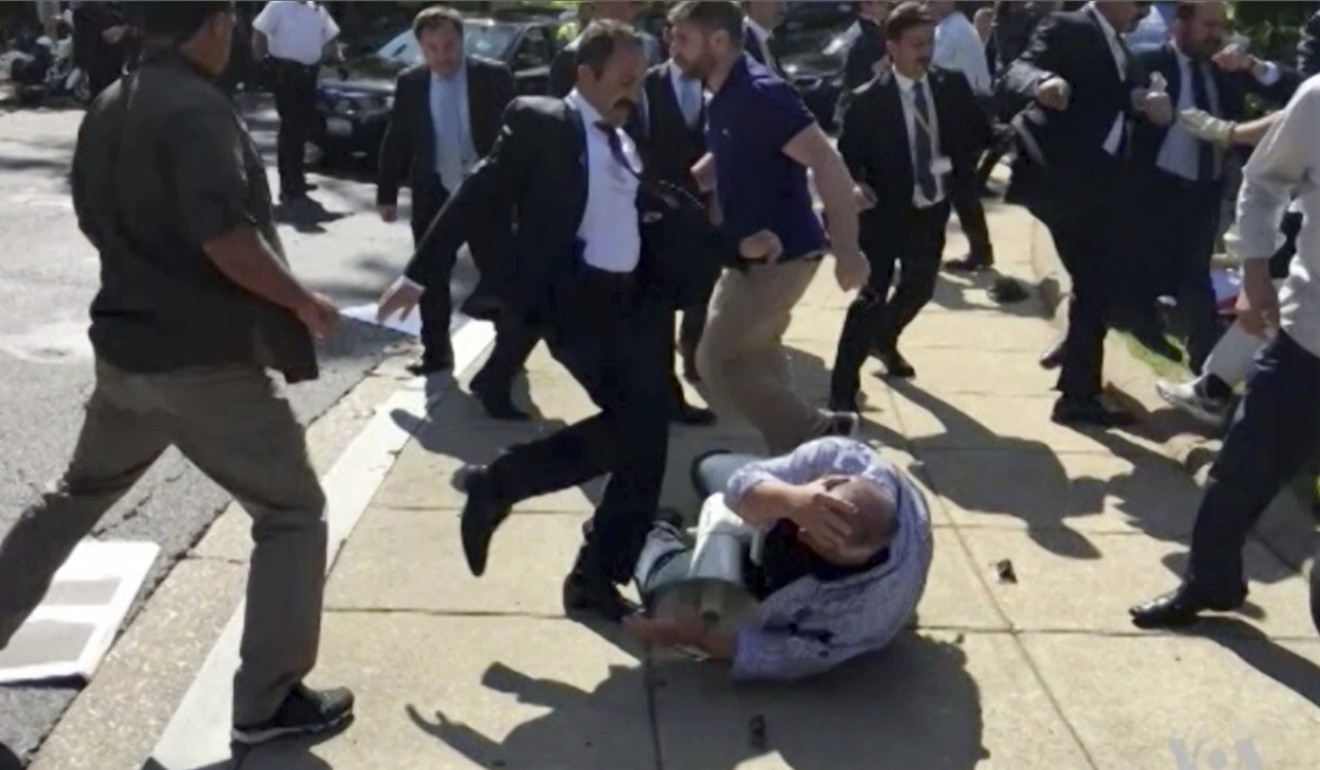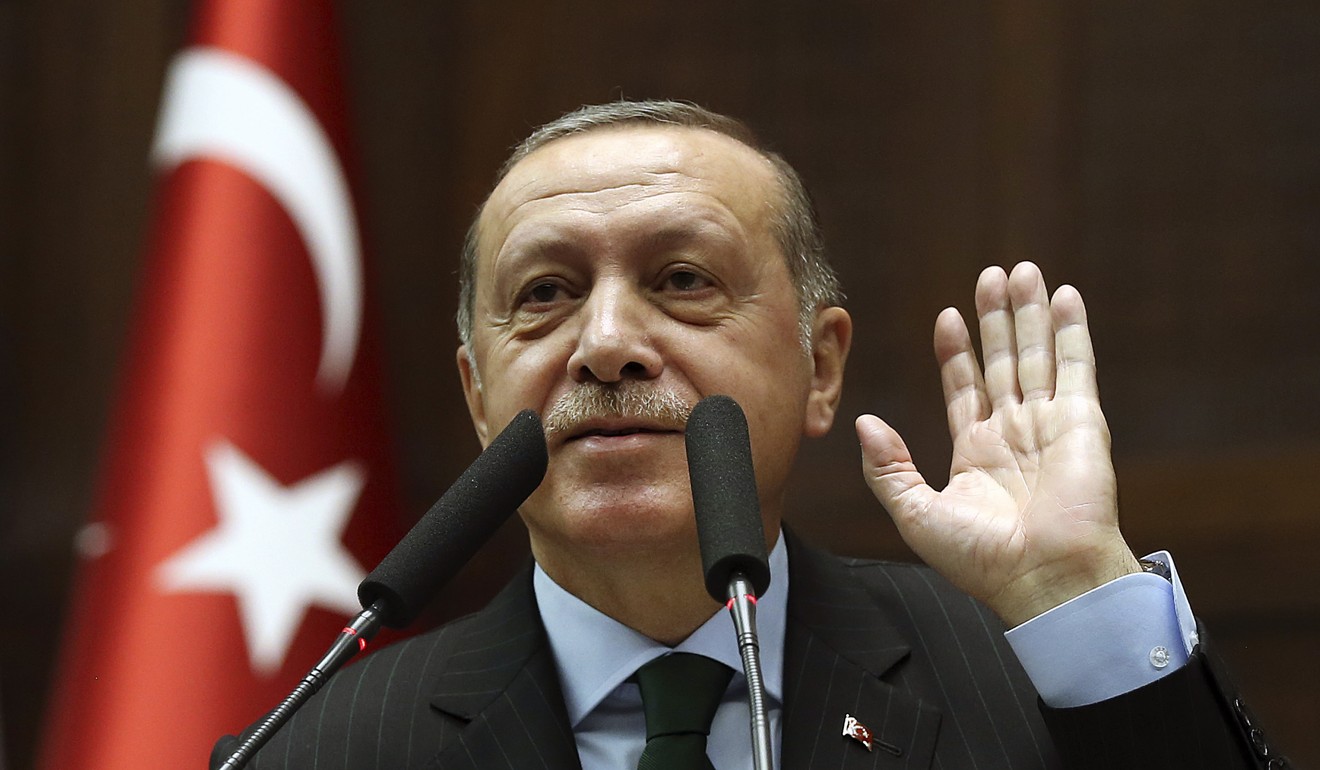
US and Turkey visa crisis ends after three-month stand-off, but tensions still fester
The United States and Turkey announced on Thursday an end to visa restrictions that have affected thousands of travellers, but tensions continued to fester as Turkish officials disputed a US account of how the crisis was resolved.
The US Embassy in Ankara posted a notice on its website saying full visa service was resuming because the Turkish government had provided “assurances” that its local employees would not be arrested for actions related to their jobs. It also said Turkey promised to alert the embassy in the future if any other Turkish employee faces arrest.
A few hours later, the Turkish Embassy in Washington posted its own explanation, saying it, too, was restoring visas in a gesture of reciprocity. But it insisted it gave no guarantees.

The visa crisis began in October when US missions in Turkey stopped issuing most visas after a Turkish employee of the US consulate in Istanbul was detained for alleged links to Fethullah Gulen, a Pennsylvania-based cleric whom Ankara blames for a failed coup attempt in 2016. Turkey retaliated in kind.
The impact was immediate. In September, the United States issued more than 7,200 non-immigrant visas in Istanbul and Ankara. In November, when limited visa service was restored, barely 1,800 visas were issued.
The end of the visa stand-off caps a turbulent year in US-Turkish relations.
Turkey wants Gulen extradited, but US courts have refused to do so. President Recep Tayyip Erdogan is angry that Washington has armed Kurdish fighters in Syria.

Another thorn in the relationship was a clash between protesters and Erdogan’s bodyguards outside the ambassador’s residence in May. Police later charged a dozen Turkish security guards with assault.
Against the deteriorating relationship, the row over the visas took on political overtones even as the State Department said it was purely about the safety of its employees.
It was precipitated by the detention of a Turkish employee, the second one detained this year, and suggestions that others might be in the crosshairs. An embassy statement said it needed to “reassess” Turkey’s commitment to protecting its employees.
US officials feared that the post-coup crackdown meant their Turkish employees could be jailed for innocuous actions such as calling the police to check on visa applicants.
A Turkish official, speaking on the condition of anonymity to discuss the sensitive diplomacy, stressed that Turkey had not arrested any embassy staffers “because of their regular work.” The official said the two consulate employees were taken into custody “because we believed that they had direct links with the FETO terrorist organisation,” an acronym for the Gulen movement.
Both sides, the official said, committed to informing the other of any intention to detain consular employees.
“I think both the US and [Turkey] recognised that the status quo was not sustainable,” the official said.
A State Department statement cited “high-level assurances” that no more employees are under investigation.
“Based on adherence to these assurances, the Department of State is confident that the security posture has improved sufficiently to allow for the full resumption of visa services in Turkey,” it said.
But the statement expressed serious concerns about the detained employees, as well as the fate of US citizens arrested since the attempted coup.
Turkey, in a tit-for-tat gesture, said it was concerned about the “ongoing cases against Turkish citizens in the United States,” an apparent reference to the outstanding warrants for Erdogan’s bodyguards.

